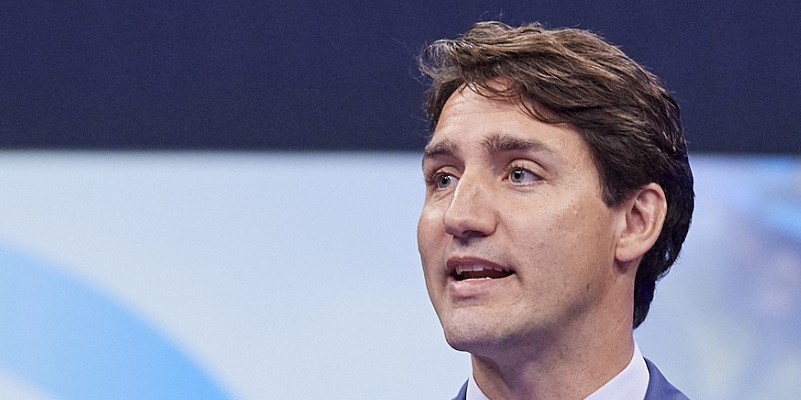Federal government should change course in upcoming budget to revitalize economy

The Trudeau government will table its next budget on April 16, and it must address Canada’s stagnant economy. While the economy won’t turn around overnight, the government should recognize that its current policy approach isn’t working.
According to a recent Leger poll, nearly two-thirds of Canadians have a “poor” or “very poor” view of Canada’s economy. And it’s no wonder they feel this way. Canada is experiencing an economic growth crisis. From 2013 to 2022, inflation-adjusted per-person GDP (a broad measure of living standards) grew at its slowest pace since the Great Depression in the 1930s. Since the Trudeau government took office in 2015, per-person GDP (inflation-adjusted) in Canada has grown by only 1.9 per cent—nearly one-eighth the growth rate in the United States over that same period.
Moreover, from 2020 to 2030, Canada is projected to record the slowest rate of per-person GDP growth among 38 developed countries in the OECD. Simply put, Canada’s economy is stalling relative to its own past performance and other comparable countries around the world.
Why?
While there are many reasons for this slump in economic activity, consider the collapse of business investment in Canada. From 2014 to 2021, business investment per worker (excluding residential construction) fell from C$18,363 to C$14,687. In contrast, during that same period, business investment per worker in the United States grew from C$23,333 to C$26,751. In other words, Canada experienced the equivalent of a $43.7 billion decline in annual business investment while the U.S. enjoyed a C$585.1 billion increase (all figures adjusted for inflation).
Business investment is crucial for economic growth (and subsequent increased living standards) because it provides the resources needed to equip workers with tools and technology, for businesses to expand operations and become more productive, and for new businesses to enter the market. This in turn fuels innovation and productivity, which are key determinants of living standards.
Which brings us back to the Trudeau government. The collapse of business investment in Canada has been due in part to recent federal policy including Bill C-69, which introduced new and costly assessment criteria for energy projects, Bill C-48, which restricts tanker traffic off British Columbia’s north coast, and the forthcoming emissions cap on oil and gas, which will increase the cost of doing business in Canada.
Clearly, Ottawa has thrown up stiff regulatory barriers that deter investment in Canada’s energy and mining sectors. According to a 2023 survey of oil and gas executives, more than two-thirds of respondents viewed Canada’s regulatory environment as a deterrent to investment. And on the fiscal front, a string of deficits and massive debt accumulation create uncertainty around future tax increases, which gives investors another reason to take their money elsewhere.
Finally, the Trudeau government also believes that government should play an active role in the economy by handing out corporate welfare and subsidies to favoured industries and firms (i.e. electric vehicle battery industry). But when government tries to pick winners and losers in the market, it may actually inhibit rather than help the economy. Instead, the government should leave decisions in the free market to the investors, businessowners and entrepreneurs who have firsthand knowledge of their industries and businesses.
The Trudeau government has done little to promote economic growth and raise living standards for Canadians. While it will take time to turn things around, in its upcoming budget the government should finally change course and help revitalize the Canadian economy.
Authors:
Subscribe to the Fraser Institute
Get the latest news from the Fraser Institute on the latest research studies, news and events.


